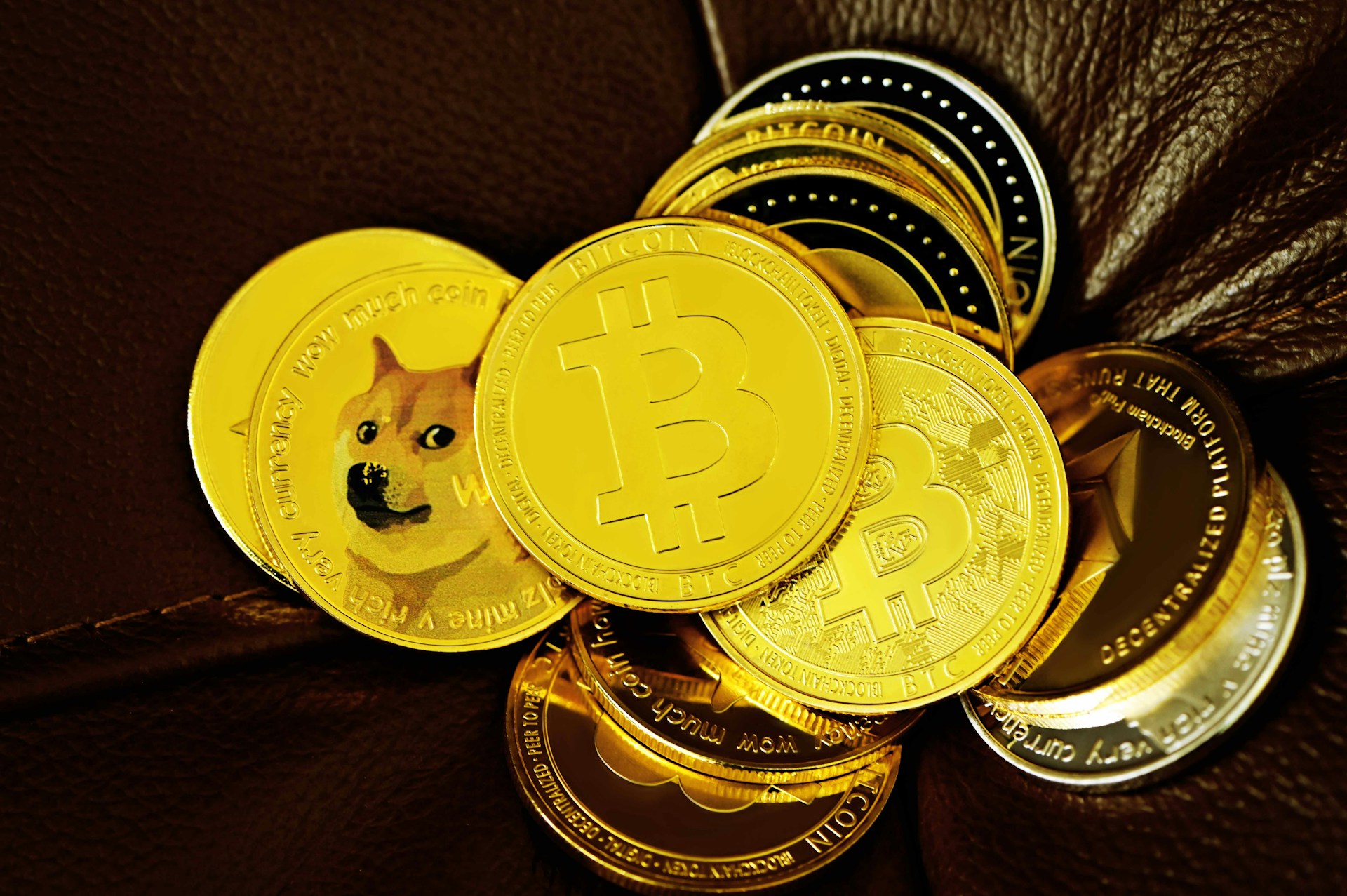
Bitcoin fell to $107,970 on Monday after President Donald Trump announced 25% tariffs on Japan and South Korea, sending shockwaves through cryptocurrency and traditional markets alike as investors fled risky assets.
The world’s largest cryptocurrency shed 0.8% in 24 hours following Trump’s announcement on Truth Social that the tariffs would take effect on August 1. Other major cryptocurrencies followed suit, with Ethereum declining 0.6% while Solana, Dogecoin, and Sui posted losses between 1% and 2%. XRP bucked the trend, gaining over 2% amid rumors of a potential SEC settlement.
Trump’s tariff letters targeted multiple countries beyond Japan and South Korea. Kazakhstan and Malaysia face identical 25% levies, while South Africa confronts 30% tariffs, and Myanmar and Laos will see 40% duties. The president also threatened an additional 10% tariff on any nation “aligning with BRICS anti-American policies.”
White House Press Secretary Karoline Leavitt said, “President Trump is determined to bring reciprocal balance to trade, and the new timeline ensures our partners have every opportunity to reach fair agreements.” The administration extended its original July 9 deadline to August 1, providing additional time for negotiation.
Traditional markets mirrored crypto’s decline. The S&P 500 and Nasdaq each dropped approximately 1%, while 10-year Treasury yields climbed toward 4.4% as investors anticipated inflationary pressures from the tariffs.
Bitcoin’s reaction reflects its growing correlation with traditional risk assets during periods of uncertainty. Paybis Chief Revenue Officer Uldis Teraudkalns noted that “Bitcoin has proven more reactive to macroeconomic trends, including trade wars and interest rate trends… it is more susceptible to significant liquidity flows, thus contributing to its volatility.”
The cryptocurrency had been gaining momentum over the weekend, approaching $109,700 before Trump’s announcement reversed those gains. Technical analysts warn that a break below the $107,000 support level could trigger further selling. This will potentially push Bitcoin toward $105,000.
Trade tensions have escalated since Trump’s inauguration in January. The latest tariff threats come as the administration seeks to address what it calls “unfair trade practices” by key U.S. allies. Japan exported $148 billion worth of goods to the U.S. in 2024, while South Korea contributed $115 billion, primarily in automobiles, semiconductors, and consumer electronics.
Investment firm Murano Global recently announced that it has purchased 21 Bitcoins for its corporate treasury, joining other institutional investors who are embracing the cryptocurrency. Spot Bitcoin ETFs recorded $216.64 million in inflows on Monday despite the price decline.
The August 1 deadline looms as markets brace for potential escalation. Analysts suggest that sustained trade tensions could push Bitcoin below key psychological levels, though some believe dollar weakness from prolonged trade wars might eventually benefit the cryptocurrency as an inflation hedge.
KCM Trade analyst Tim Waterer observed that “Trump’s latest tariff rhetoric keeps gold in focus as a hedge against uncertainty, but the strength of the U.S. dollar and rising bond yields are limiting its immediate upside.”


















